Dr. Stijn Thoolen was the ESA-sponsored medical doctor spending the 2019-2020 winter-over at Concordia research station in Antarctica. He facilitated a number of experiments on the effects of isolation, light deprivation, and extreme temperatures on the human body and mind. Find this blog post in the original Dutch below.
L’Astrolabe icebreaker, December 15, 2020
Sunlight: 24 hours a day, but tomorrow, as we head further north, it will set again
Temperature: Around 0 °C
Mood: not sure how to describe it today. I am excited and just feel very lucky.
It’s midnight. Since our departure some hours ago the sun has steadily moved towards the horizon behind us, and it has started to paint the sky in colours that make me think of winter again. Huge icebergs are slowly passing by, and every once in a while there is a bunch of curious penguins waving us goodbye from their ice floe. Not much earlier I saw a seal chilling, and there have been whales too. In the very far distance I can still recognize the enormous ice mass on which we have been living our lives the past year. It’s my last view of the Antarctic, and it’s perfect.
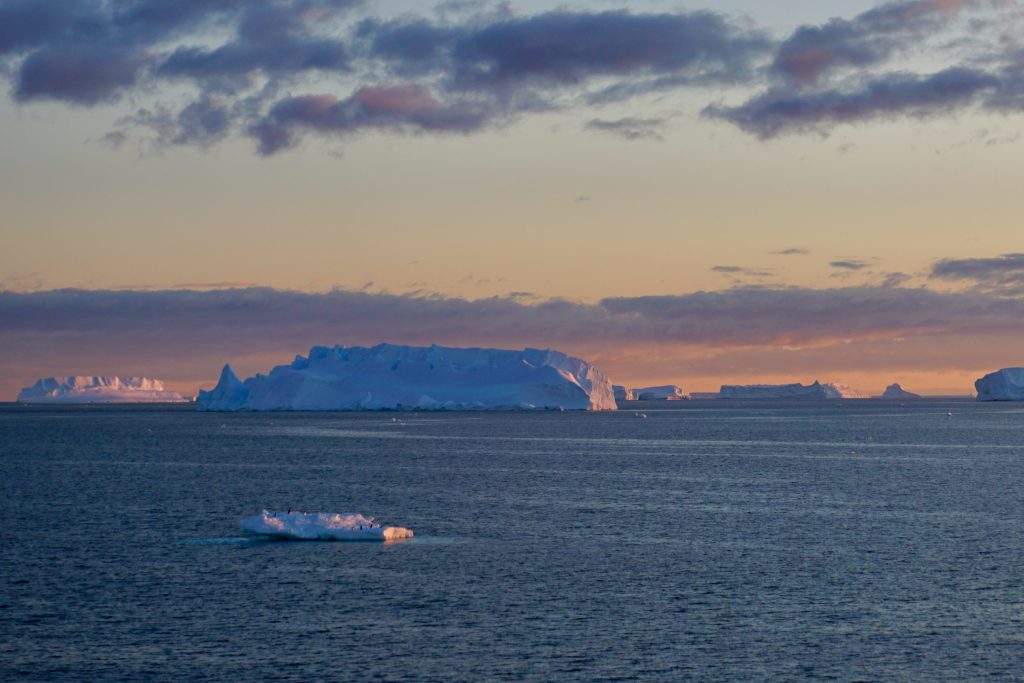
Standing here alone on the deck of the Astrolabe surrounded by all this beauty I have found myself a special opportunity to appreciate once more where the #$%!! (beep) we have been all this time. It is just so different there on top of the ice, so far away from the rest of the world, that as we are slowly being re-introduced to civilisation I am having a hard time believing it actually happened. With all the changes that we have gone through lately and with all the new impressions time has gone fast, and it has made Concordia feel like a distant, almost unrealistic memory. Like ages ago, even though it has only been eight days since we left…
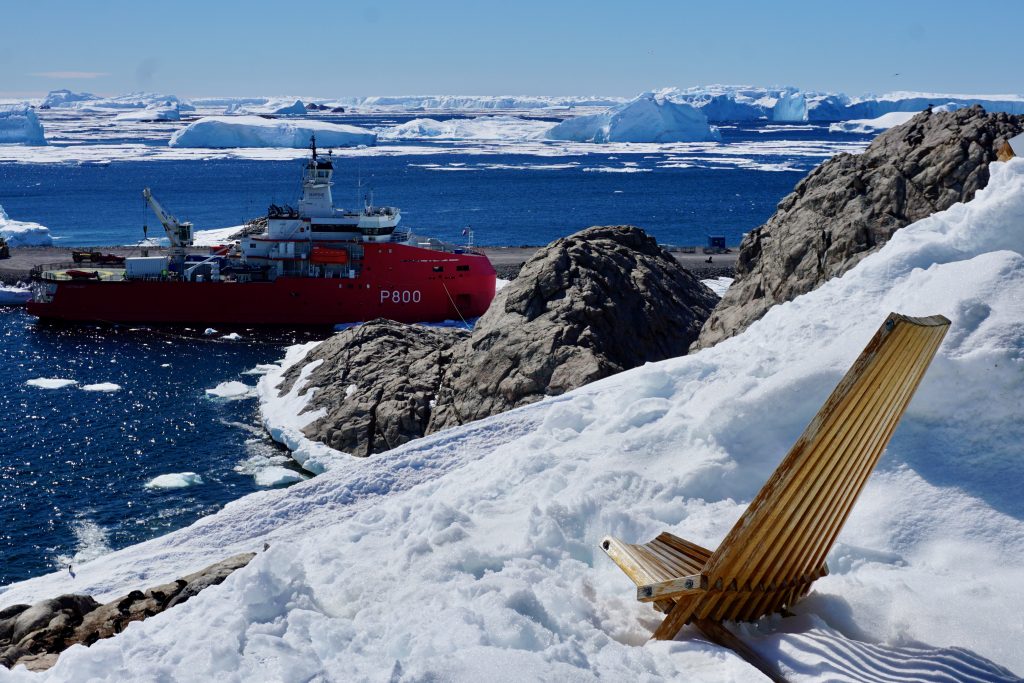
It started when the ‘orange and fat’ people (and kiwis!) arrived at Concordia about a month ago. With the start of the summer campaign our winterover isolation had come to an abrupt end, and I remember the calm, safe and familiar environment of the ESA lab feeling surprisingly pleasant after some intense hours of new social interactions. As a positive summer energy took hold of the station and fresh ESA MD Nick gradually took over the lab, there was no way for me to hide anymore. Unavoidable steps out of our rigid routines, but at that ‘c’est l’Antarctique’ rate of change that isn’t always easy to keep up with.
Our departure from Concordia last week was much the same. Emotionally numb from a lack of realisation of what was happening (or a lack of sleep the night before…) it just passed by so quickly, and surprisingly smooth. I said my goodbyes without any affection for the tears around me. I gave the station a good last look for the sake of memory. But when the plane started accelerating for lift-off, suddenly that strong desire came up to make it stop and bring me back safely into the station. Apparently part of me wasn’t ready to leave at all. Too big steps too quickly I guess, but lucky for me there were pilots taking care of that…
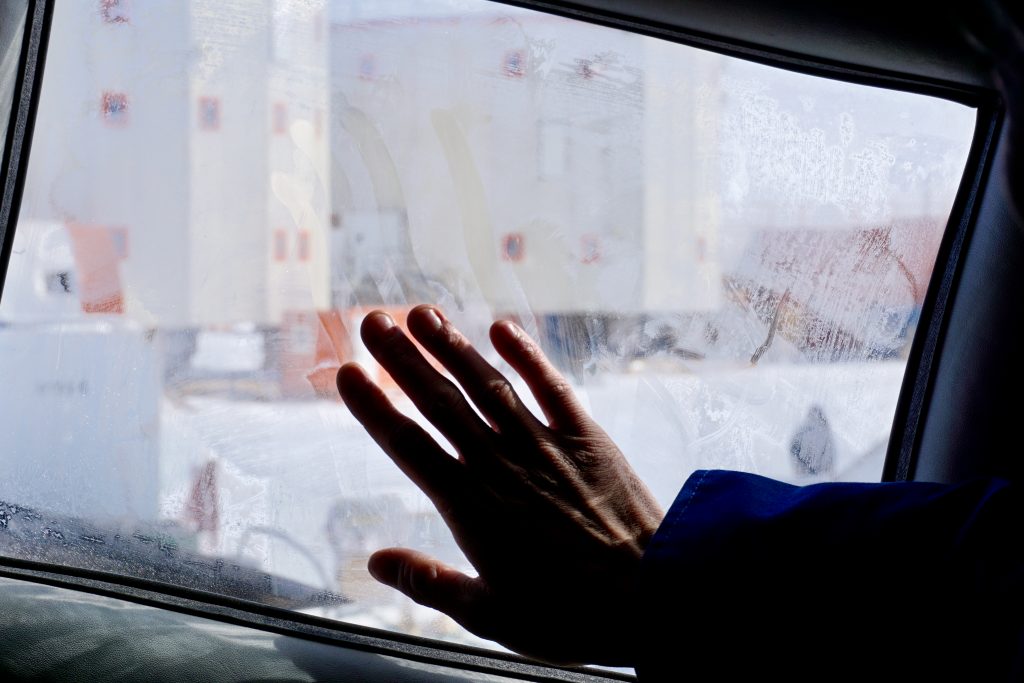
Then, in the plane already, as we approached the coast, we could feel the air getting denser, and breathing becoming easier. There were thick clouds, the sort of which I hadn’t seen in a year, and in front of us there was so much water. Actual liquid sea water! At Dumont d’Urville we caught up on hours of lost sleep, running did not cost any effort (our bodies’ oxygen transport system had become quite efficient after a year at altitude), and even penguin-watching was a comfort after the complex social dynamics of Concordia. Everything seemed easier here, and it gave us an extraordinary opportunity to process our adaptation to life on ‘Earth’, before continuing our journey homewards.
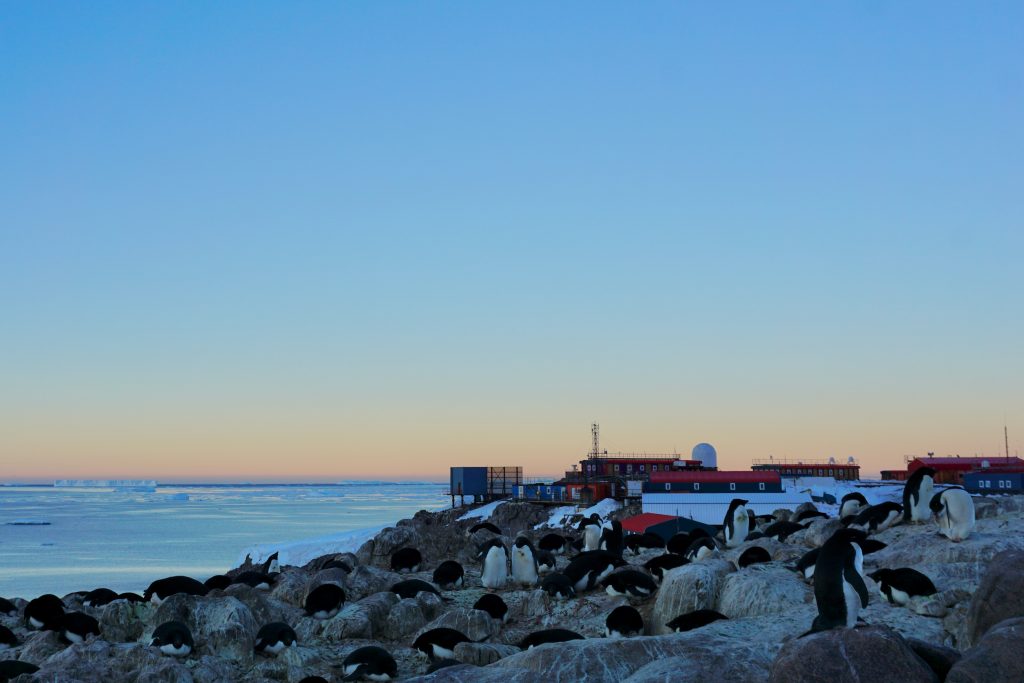
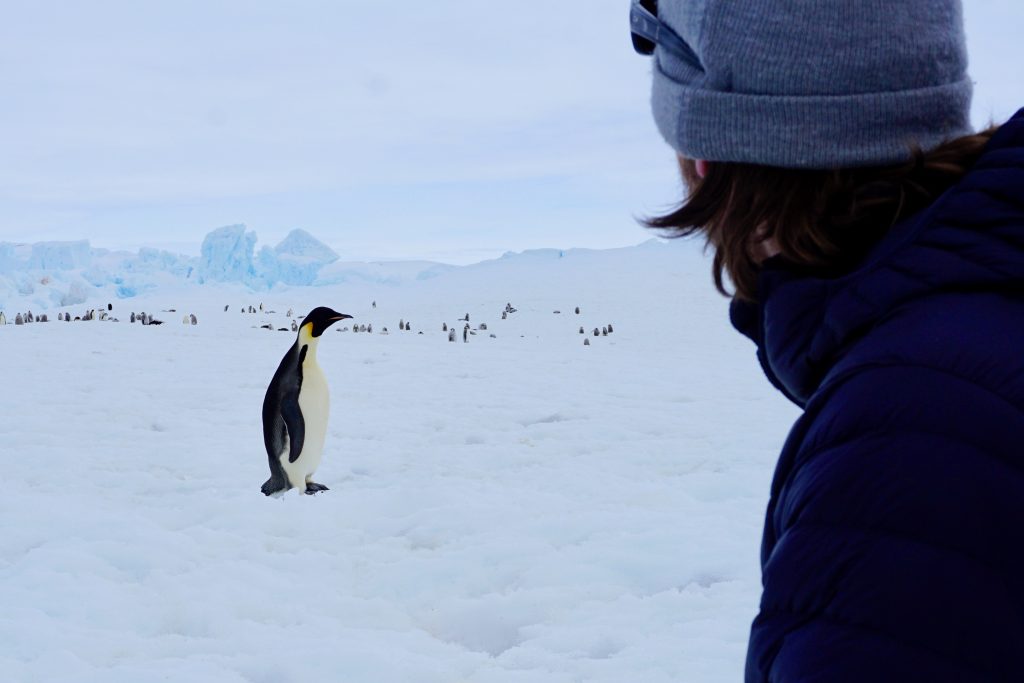
But it is only now, here on the deck of the Astrolabe in this beautiful, perhaps spiritual moment, that I have taken the time to say goodbye. After all these impressions over the past weeks and finally having finished my last work (yesterday I performed my last round of measurements with the crew, to see how we physically adapt to the sea level environment again), I now realize my great Antarctic adventure is over. Happy with the results of my efforts over the past year, I feel relieved, proud, and incredibly lucky. And as I slowly leave the continent behind me, I also feel more and more ready to look ahead again. The empty (and perhaps COVID-infected) horizon here at sea makes me curious. What will I find there, back home? How will I adapt? What do I bring back from Concordia, and what effect does that have on me and the people at home? Some have warned me the world isn’t the same anymore after all what happened the past year. Others made me rather excited about the increased awareness that I may experience being a true revelation. I guess it will always remain hard to foresee what the future brings, but I find my comfort in the idea that it must be as much an adventure as coming here in the first place!
All the above also means I am writing my last blog entry here. Hopefully you have enjoyed my efforts to share some of my adventure with you. It has been a huge privilege living and working in Concordia. A beautiful and very interesting year that I (already) look back at with much gratitude and satisfaction, and that I imagine to stay with me for a looong looong time. A big thanks to everyone who made this possible and who has supported me along the way, all the very best for Nick and his crew in Concordia the coming year, and as we liked to say up there on the ice: allez-ciaooo!
Signing out from the Astrolabe,
Stijn
PS. Here a last song to enjoy together, as we cruise out of the Antarctic:
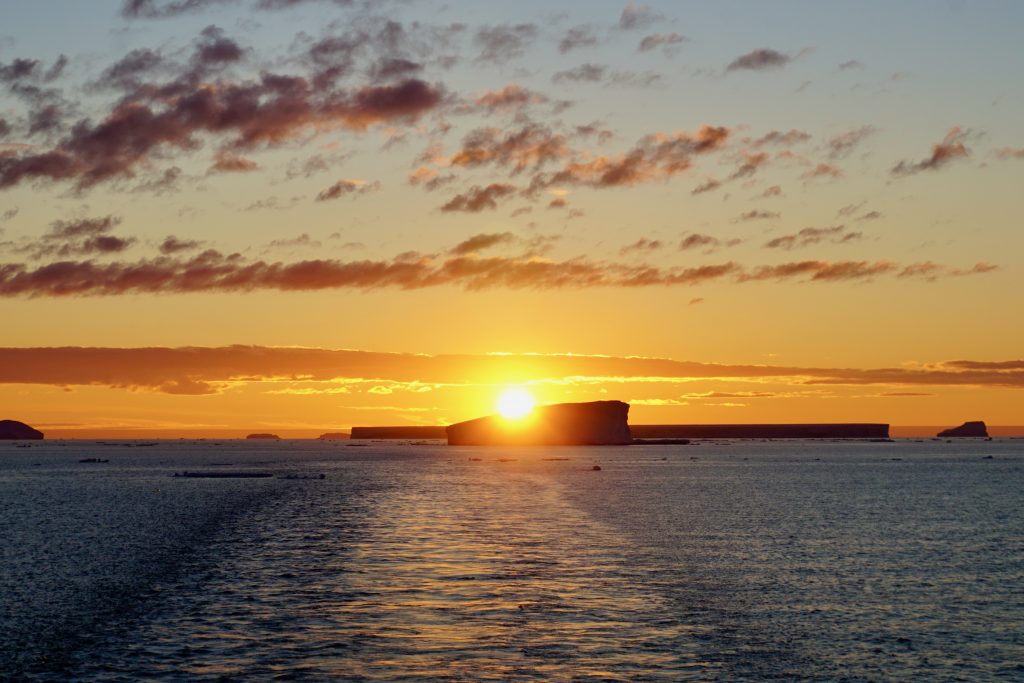
Deliverance
IJsbreker L’Astrolabe, 15 december 2020
Zonlicht: 24 uur per dag, maar morgen, naarmate we verder naar het noorden gaan, gaat ie weer onder.
Temperatuur: Ergens rond 0 °C
Gemoedstoestand: niet zeker hoe ik het moet beschrijven vandaag. Ik ben enthousiast, en een geluksvogel.
Het is middernacht. Sinds ons vertrek enkele uren geleden is de zon gestaag richting de horizon achter ons gekropen, en de resulterende kleuren in de lucht doen me weer denken aan de winter. We varen tussen reusachtige ijsbergen, en af en toe drijft er een ijsschots voorbij met een bende pinguïns om ons uit te zwaaien. Niet veel eerder zag ik een zeehond chillen op het ijs, en walvissen hebben we ook gezien. In de verte kan ik nog net de enorme ijsmassa herkennen waar we het afgelopen jaar ons leven hebben doorgebracht. Het is mijn laatste uitzicht op Antarctica, en het is perfect.
Hier, alleen op het dek van de Astrolabe omgeven door al deze schoonheid heb ik een speciale gelegenheid gevonden om nog eens stil te staan bij waar we in godsnaam hebben gezeten al deze tijd. Het is zo enorm anders daarboven op het ijs, zo ver weg van de rest van de wereld, dat ik er terwijl we langzaam terugkeren naar beschaving moeite mee heb te geloven dat het werkelijk heeft plaatsgevonden. Met alle verandering die we onlangs hebben doorgemaakt en met alle nieuwe impressies is de tijd snel gegaan, en Concordia lijkt nu niet meer dan een verre, haast onwerkelijke herinnering. Alsof het eeuwen geleden was, zelfs al is het pas acht dagen sinds we er vertrokken zijn.
Het begon ongeveer een maand geleden, toen die ‘oranje en dikke’ mensen (en kiwi’s!) in Concordia aankwamen. Met het begin van de zomercampagne was onze overwinterisolatie abrupt tot een einde gekomen, en ik herinner me hoe de kalme, veilige en vertrouwde omgeving van het ESA-lab verrassend aangenaam voelde na enkele intense uren aan nieuwe sociale interacties. Zodra de positieve zomerenergie in het station begon te heersen en verse ESA MD Nick langzaam het lab overnam kon ik er niet meer aan ontsnappen. Onvermijdelijke stappen uit onze vaste routines, maar met een ‘c’est l’Antarctique’ mate van verandering die niet altijd gemakkelijk bij te houden is.
Ons vertrek uit Concordia afgelopen week was niet veel anders. Emotioneel vlak bij gebrek aan realisatie van wat er allemaal aan het gebeuren was (of een gebrek aan slaap de nacht ervoor…) ging het allemaal zo snel, en verrassend soepel. Iedereen gedag gezegd zonder enig affect voor de tranen om me heen, in het belang van mijn geheugen nog een laatste keer goed gekeken naar het station, maar toen het vliegtuig begon op te stijgen was er plots die sterke drang om het allemaal te laten stoppen en veilig terug te keren naar het station. Iets in mij was er blijkbaar nog niet helemaal klaar voor. Te snel te grote stappen denk ik, maar gelukkig hadden we piloten om daarvoor te zorgen…
Al in het vliegtuig, naarmate we de kust naderden, konden we de lucht dikker voelen worden, en het ademen makkelijker. Er waren dikke wolken die ik al een jaar niet zo had gezien, en vóór ons zagen we het water. Werkelijk, vloeibaar zeewater! In Dumont d’Urville hebben we uren slaap ingehaald, rennen koste er geen enkele moeite meer (ons zuurstoftransportsysteem was goed ontwikkeld na een jaar op hoogte), en zelfs pinguïns kijken was rustgevend na de complexe sociale dynamiek van Concordia. Alles leek gemakkelijker hier, en het gaf ons een buitengewone mogelijkheid om onze aanpassing aan het leven op ‘aarde’ te verwerken voordat we onze reis huiswaarts verder vervolgden.
Maar het is pas nu, hier op het dek van de Astrolabe in dit prachtige, misschien wel spirituele moment, dat ik de tijd genomen heb om afscheid te nemen. Na al deze impressies de afgelopen weken en met mijn werk eindelijk afgerond (gisteren heb ik mijn laatste metingen met onze bemanning gedaan, om te kijken hoe we ons fysiek aanpassen nu we weer op zeeniveau zijn), besef ik me dat mijn grote Antarctica avontuur erop zit. Tevreden met de resultaten van mijn inspanningen het afgelopen jaar voel ik me nu opgelucht, trots, en een ongelooflijke geluksvogel. En terwijl ik het continent langzaam achter me laat, ben ik ook meer en meer bereid om weer vooruit te kijken. De lege (en misschien COVID-geïnfecteerde) horizon hier op zee maakt me nieuwsgierig. Wat ga ik daar aantreffen, thuis? Hoe ga ik me daaraan aanpassen? Wat neem ik mee uit Concordia, en wat voor effect heeft dat op mij en de mensen thuis? Sommigen hebben me gewaarschuwd dat de wereld niet meer hetzelfde is na alles wat er heeft plaatsgevonden. Anderen hebben me juist weer enthousiast gemaakt dat de toegenomen bewustwording die ik thuis kan ervaren een hele openbaring is. Het zal altijd wel lastig blijven om te voorspellen wat de toekomst gaat brengen, maar in het idee dat het net zo’n avontuur moet worden als het afgelopen jaar vind ik mijn comfort.
Al het bovenstaande betekent ook dat ik hier nu mijn laatste blog schrijf. Hopelijk heb je genoten van mijn probeersels om wat van mijn avontuur met jullie te delen. Het is een enorm voorrecht geweest om in Concordia te mogen wonen en werken. Een prachtig en heel interessant jaar, waar ik met veel dankbaarheid en voldoening op terug kijk, en waarvan ik me voorstel dat het me nog lang zal bijblijven. Heel veel dank aan iedereen die dit mogelijk heeft gemaakt en die me heeft gesteund het afgelopen jaar, en zoals we graag zeiden daarboven op het ijs: allez-ciaooo!
Groeten vanaf de Astrolabe,
Stijn
PS. Hier nog een laatste nummer om samen van te genieten, terwijl we Antarctica uit varen:
Deliverance – Vangelis



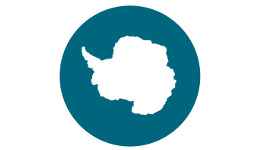
Discussion: one comment
Thank you for sharing your experiences in Concordia and travels. Good luck in your future life back in civilisation!
Nick’s Mum?